Our Primary Claims
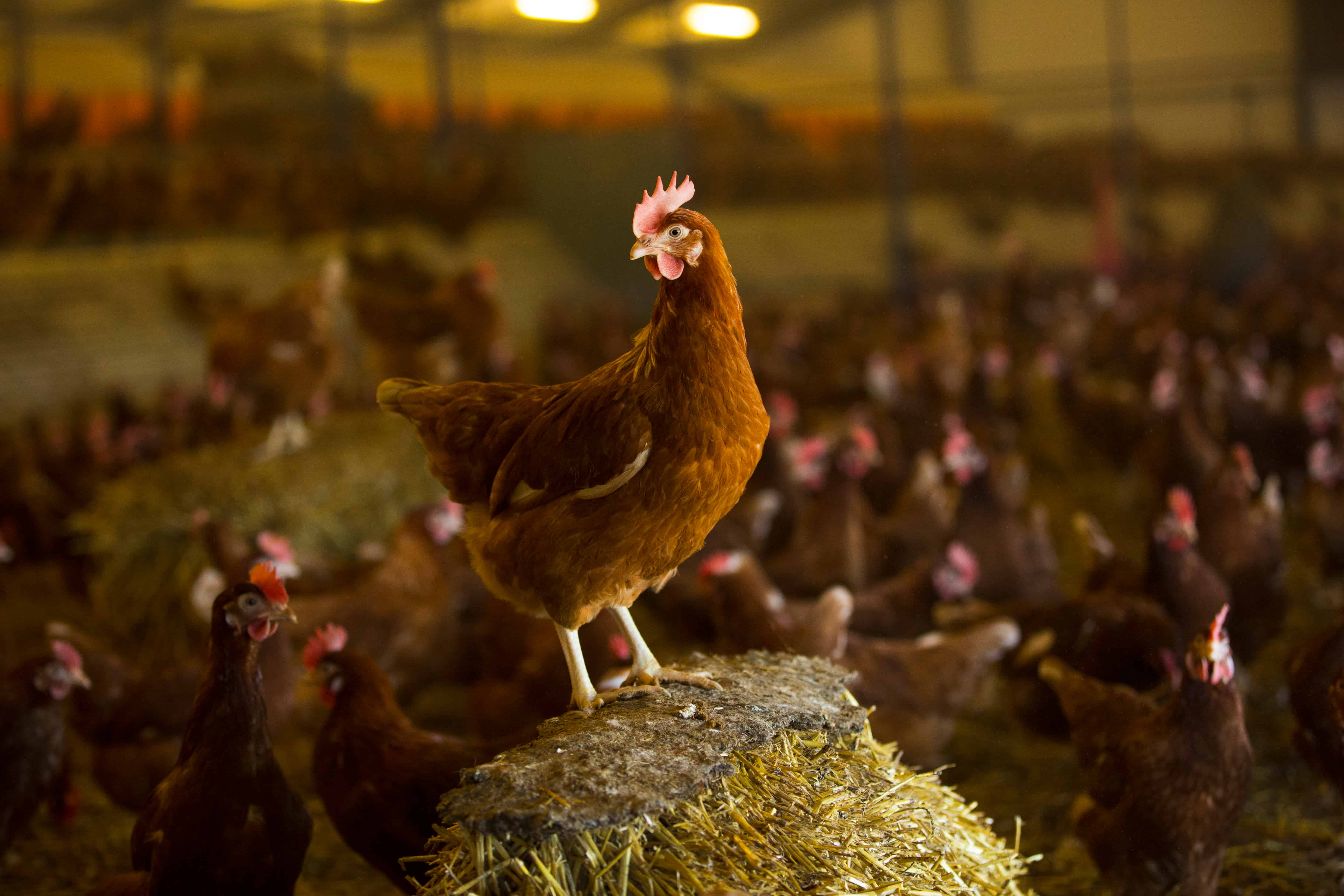
No Cages… Ever
Whenever you buy something carrying the RSPCA Assured mark, you can be sure that animals were reared to the RSPCA’s higher welfare standards. That means our eggs come from hens that were never caged and sows and their piglets were never reared in farrowing crates.
Just like us, farm animals need to be active and mobile to stay healthy and happy.
Cages and crates seriously restrict farmed animals’ movement and prevent them from engaging in their natural behaviours, such as exploring their environment, rooting or nesting.
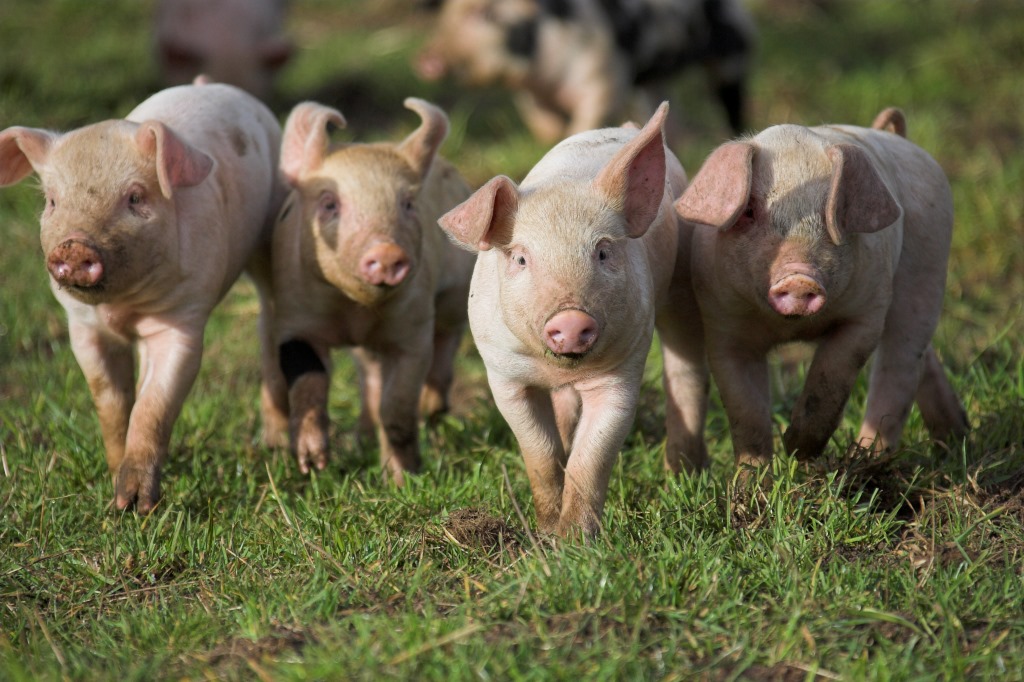
Enriched Living Conditions
The RSPCA’s welfare standards insist that farmed animals are provided with a physically and mentally stimulating environment. These requirements vary from species to species, for example:
Poultry must have access to enrichment such as perches, straw bales and objects to peck at, such as dangling CDs or small toys.
Pigs must be provided with plenty of comfortable material such as straw to root around in.
Cow sheds must have brushes to help them groom and calves must be given environmental enrichment such as ropes or toys.
Enrichment helps to ensure farmed animals stay mentally and physically active and healthy, as well as reducing boredom and encouraging exploration and play.

Humane Slaughter
Unlike some other schemes, RSPCA Assured inspects the welfare of animals from birth right through to slaughter, including transport.
RSPCA Assured animals can only be transported for a maximum of eight hours, which is far below the legal maximum. For some species such as chickens, the maximum journey length is even less. Pigs, cows and sheep must also be given bedding when being transported to make the journey more comfortable and to reduce the likelihood of injuries.
Each set of RSPCA Welfare Standards has a section dedicated to protecting animal welfare at slaughter. These go above the minimum requirements set by law through prohibiting certain practices or insisting on additional rules. For example, the use of electric goads is prohibited and all animals must be stunned prior to slaughter.
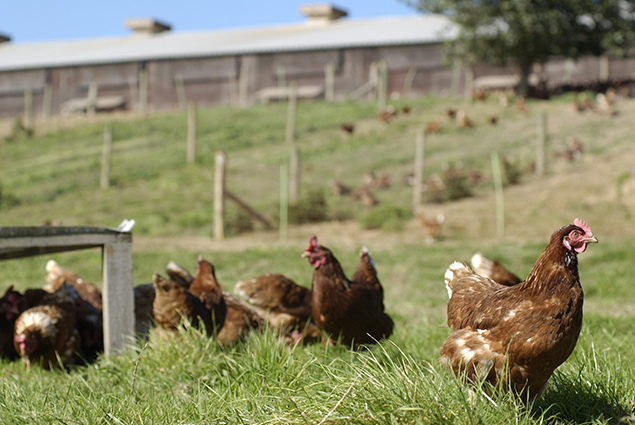
Space to Move
In many cases, the RSPCA welfare standards specify space allowances above legal requirements and other assurance providers.
This ensures animals have enough space to move around, stay active and easily access food and water.
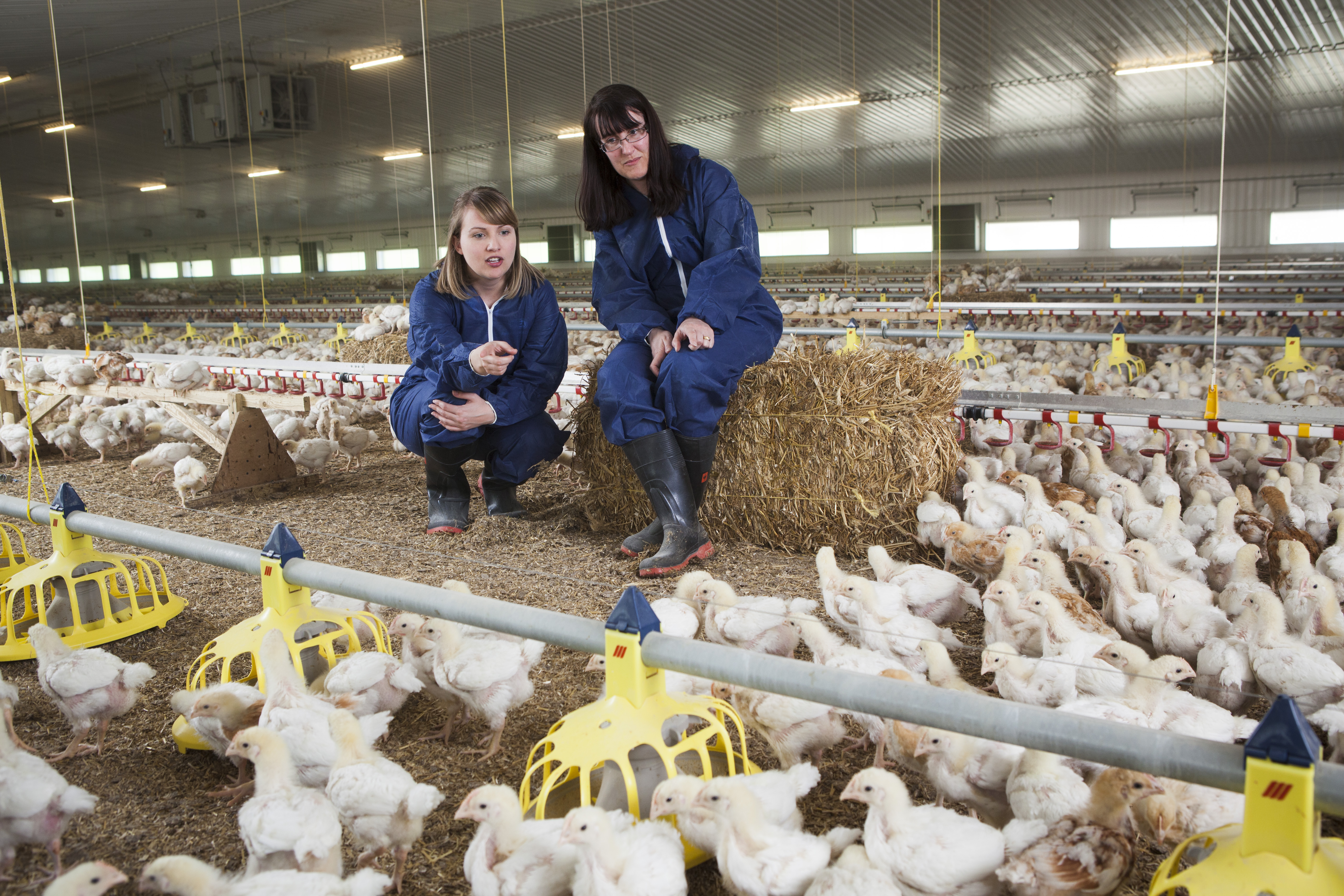
Responsible Antibiotic Usage
RSPCA Assured does not allow the routine use of antibiotics.
However, as an assurance provider that puts animal welfare first – and unlike some others – we require that animals are given antibiotics when they actually need them, such as if an animal is sick or injured. Additionally, all RSPCA Assured farms must have a Veterinary Health and Welfare Plan which is written in conjunction with a vet.
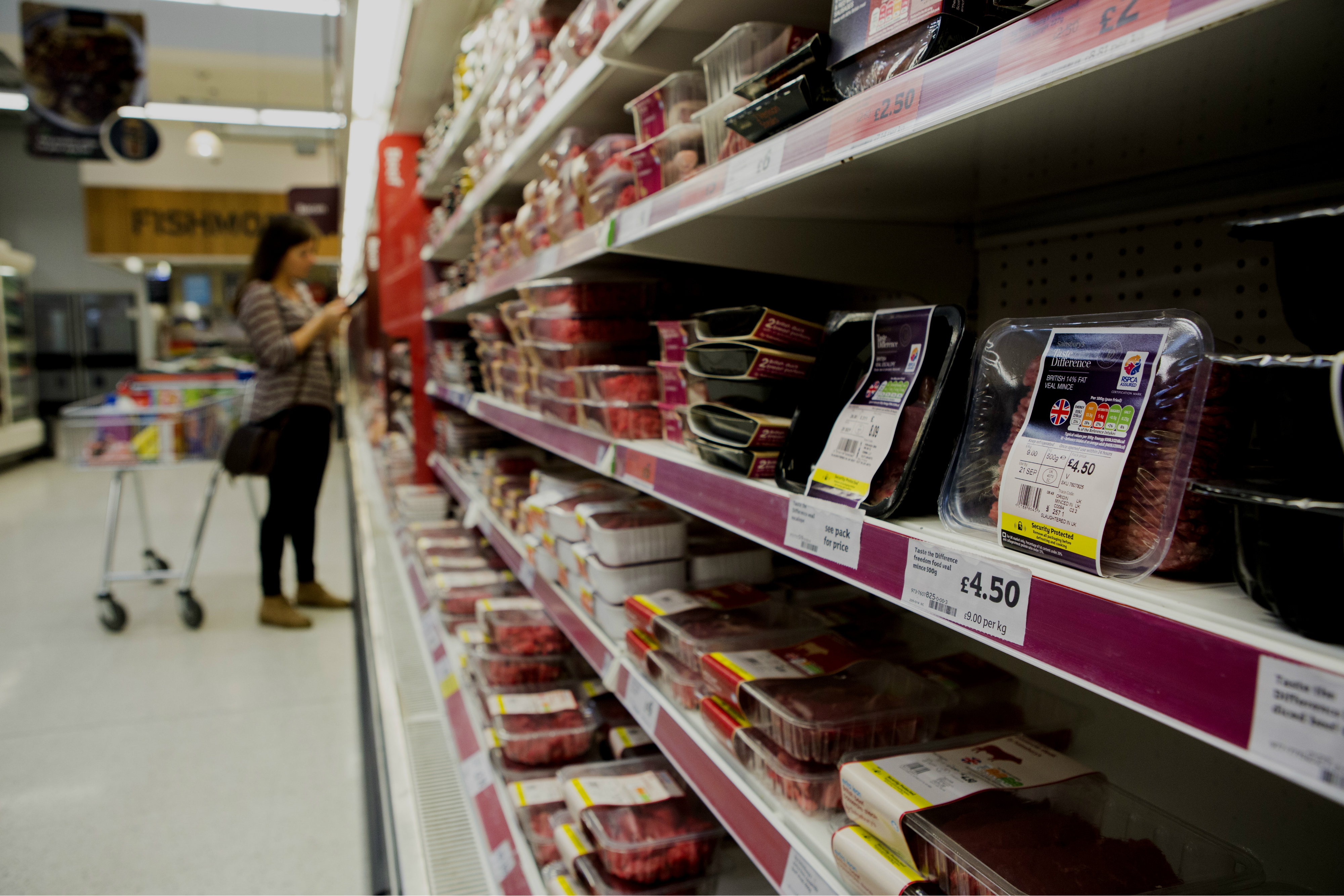
Traceable
In addition to the RSPCA standards for farmed animals, RSPCA Assured also has its own set of standards for food manufacturers to ensure products are traceable.
Just like farmers, food manufacturers are inspected to ensure they are adhering to our stringent traceability standards. When you buy a product carrying the RSPCA Assured mark you know the animals have been bred, reared, transported and slaughtered to strict RSPCA welfare standards.
